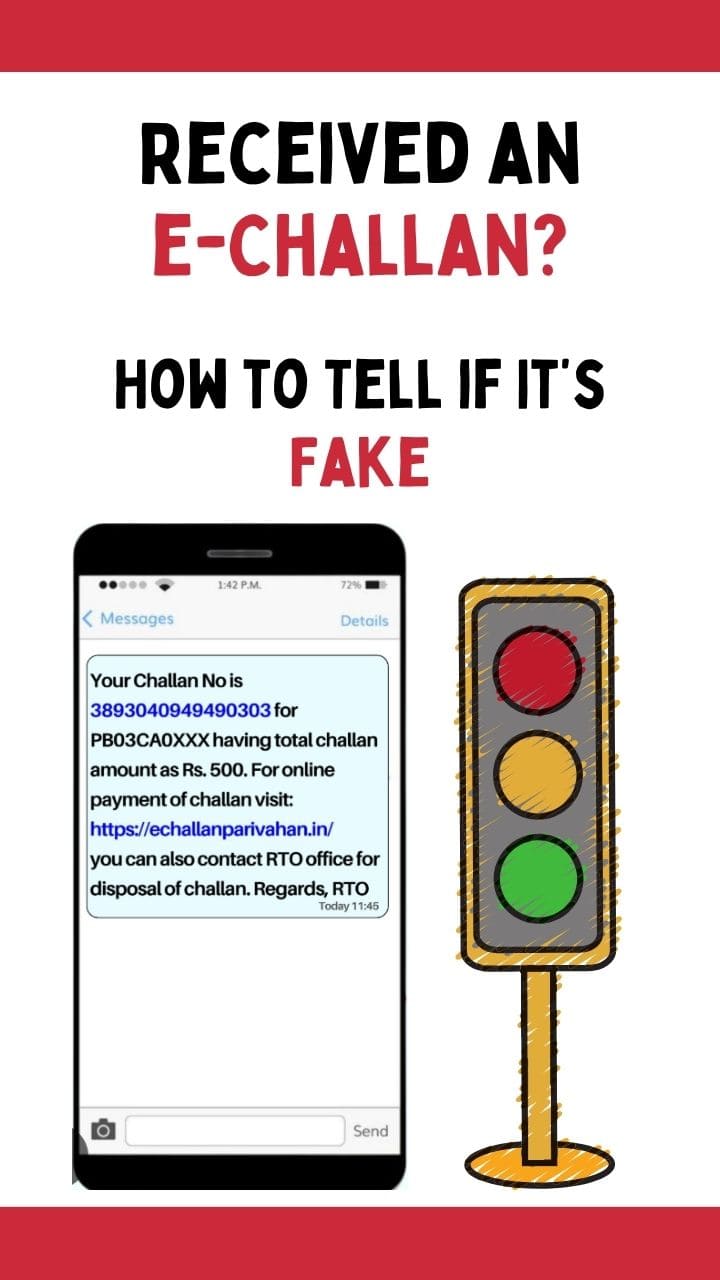Digital Scams Exposed: Are You Protected?
As per the Indian Cyber Crime Coordination Centre (I4C), Indians lost over ₹11,333 Crores to cyber fraud in just nine months of 2024! With over 6,000 digital scam complaints filed daily, online fraud is more rampant than ever.
In this video, we’ll dive into some of the most common digital scams that can put your money and data at risk. You’ll learn how phishing frauds can trick people into sharing sensitive details and how identity theft allows fraudsters to misuse your personal information.
The video also explores how UPI scams could drain your bank accounts and how unbelievable deals on fake websites might lure in unsuspecting buyers in online shopping scams. By understanding how these scams work, you can stay alert and better protect yourself and your loved ones.
Next, you will learn about tips to avoid falling prey to digital scams. Stay cautious of unknown links and attachments and be careful when sharing private information. Don’t share your UPI PIN with anyone and always verify online sellers before making a purchase. Simple precautions, like checking website authenticity and avoiding suspicious links, can also go a long way in keeping your finances safe.
Stay informed, stay alert, and safeguard your online experience against cybercriminals.

Key Takeaways
Cybercrime is rising rapidly, with Indians losing over ₹11,333 Crores in the first nine months of 2024
Phishing scams involve fraudsters impersonating trusted entities to steal personal details, passwords and banking information
Identity theft occurs when scammers obtain personal information and use it to make purchases or access bank accounts
UPI frauds exploit the convenience of UPI payments, using malware apps and fake QR codes to steal login details or fake payment requests
In online shopping frauds, victims are lured with fake websites and unrealistic deals on counterfeit or non-existent products
Protecting yourself from cyber fraud requires vigilance, awareness of common scams, and practicing safe online habits
Key preventive measures include being cautious of suspicious links, protecting personal information, and safekeeping your passwords, PINs, etc.
What to Watch Next
Bites





















































